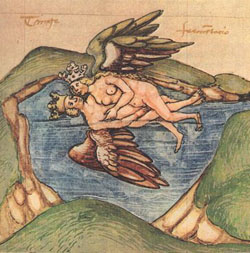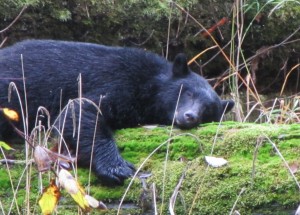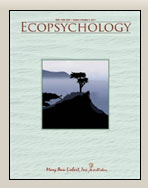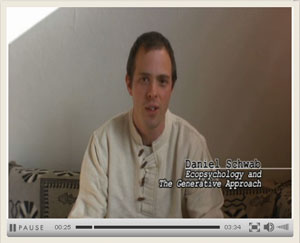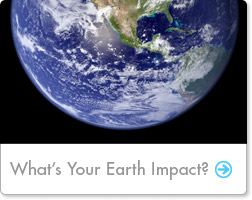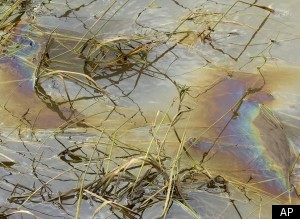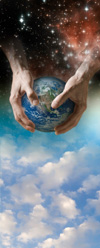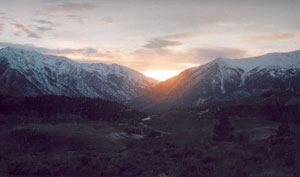Lessons from Kanab
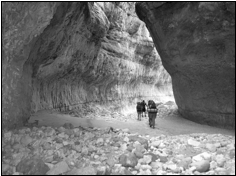 John Lynch has been bringing outdoor leadership students to Kanab Creek Wilderness for over ten years. Each visit, however, offers the clear truth that the land is the real teacher. Kanab Creek, and presumably all wild places, have a knack for providing insight around the greater lessons of life. In this case, they are uniquely delivered to each individual through the voice of the earth as translated by the desert. The attached articles is a short reflection describing a day of communion and muse between a man and Kanab Creek: Lessons-from-Kandab
John Lynch has been bringing outdoor leadership students to Kanab Creek Wilderness for over ten years. Each visit, however, offers the clear truth that the land is the real teacher. Kanab Creek, and presumably all wild places, have a knack for providing insight around the greater lessons of life. In this case, they are uniquely delivered to each individual through the voice of the earth as translated by the desert. The attached articles is a short reflection describing a day of communion and muse between a man and Kanab Creek: Lessons-from-Kandab


